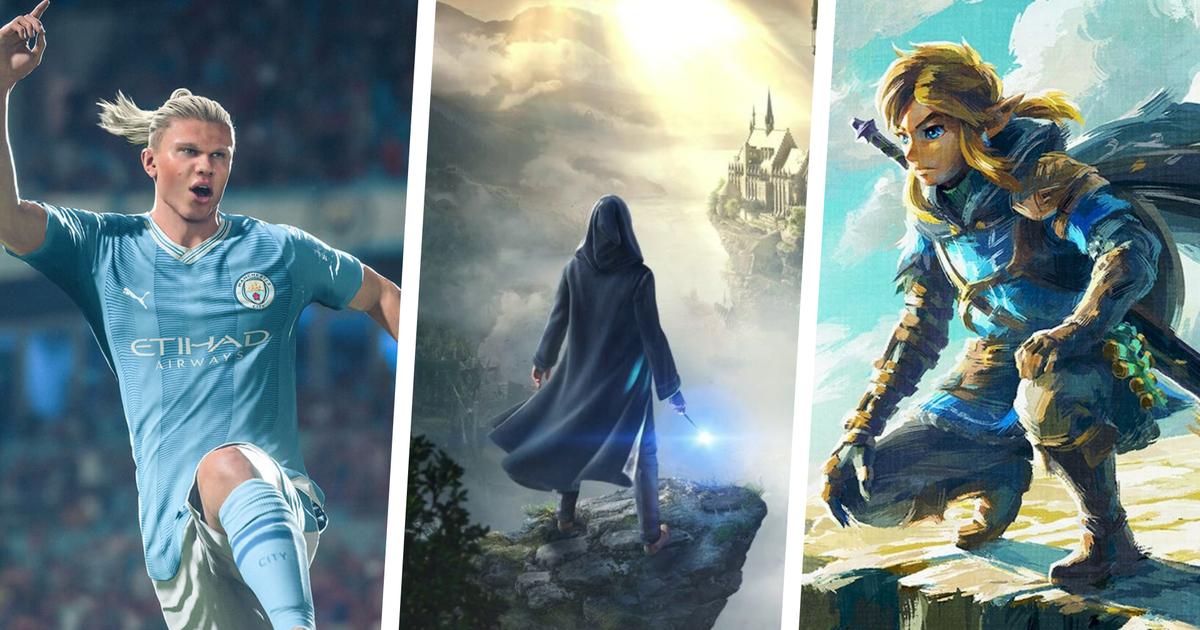There remains an unspoken, yet oft alluded to stigma surrounding video games today. Whereas the film industry has enjoyed over a century in which to mature and for the public to acclimate to, video games – as a creative medium – have only been commonplace for about a third of that time.
Every new form of media gives rise to a moral panic as society seeks to adjust to the undeniable impact of new formats – from cinema, to radio and television. This is nothing new. Even the printing press caused alarm and provoked derision in the middle ages. And while video games have largely survived the concerns and legal disputes that surrounded early adult-oriented games like the first 3D Grand Theft Auto titles, there remains a struggle to accept the medium as an equally valid means of expression.
Industry Still Lacking Clout in the Press
Take, for example, the Oscars. The world’s largest and most prestigious film awards, despite recent challenges, retain a central place in the process of canonizing big budget films as memorable artistic achievements. While few may actually tune into the show, the press make sure that the year’s biggest films enjoy the windfall from the accolades they achieve there.
Yet few know about The Game Awards, the game industry’s closest equivalent ceremony. Winners there deserve every bit as much attention and respect as Oscar winners, and demonstrate that the medium can tell mature and meaningful stories. But you’ll be unlikely to hear much about the likes of Elden Ring or God of War Ragnarök in general publications, no matter how many ceremonies they sweep in 2022.
Video Games Are Already the Dominant Media by Revenue
All of this also ignores a poignant fact – that the games industry blew past the combined revenues of the film and music industry in the early 00s and never looked back. Now, it's worth $180 billion and growing – some five times the size of the film industry, MCU or otherwise. The reason for this staggering growth is multifaceted, though much of it can be laid at the feet of intelligent monetization formats.
In the iGaming industry, for example, leading platforms routinely offer a range of promotions and sign-up bonuses to new and returning patrons to maintain organic and sustainable traffic. On mobile, the freemium model has become the dominant means of designing games, with leading titles such as Clans of Clans making over $1 billion a year. Finally, the rise of microtransactions, loot boxes and the free-to-play season pass model all contribute vast sums to the sector, with Fortnite alone making $9 billion in its first 2 years simply through the sale of custom outfits and weapon skins.
Millennials and Gen-Z Favor Gaming Over Other Media
There remains a belief that games are lesser forms of media – more trashy and pulpy, perhaps. This raises a reasonable question about who has been playing games over the past 20 years, as whoever they are would have plenty of evidence that runs contrary to this.
In truth, the industry is still attempting to shake off some of the negative associations it picked up in the 1980s – that games are for drop-outs and slackers, not for serious or successful people. Of course this image is deeply outdated. Millennials, and Gen-Z following them, grew up with gaming as a normalized, acceptable and enjoyable part of their lives, and thus ascribe none of these traits to the medium.
At worst, among under-40s, games are regarded as a neutral medium, in the same way as books or TV often are. Though in most cases, games are actually preferred among this demographic. After all, no other medium is as collaborative and engaging – both in terms of letting you shape the story you experience, and in the sense of playing with friends and opponents from around the world.
The Dawn of Prestige Gaming?
When might public, or more accurately, critical opinion shift around gaming? Arguably this is already well underway. In recent history, a better model than film with which to compare the industry’s development must be prestige television. In the 1990s, early attempts at serialization attempted to tell bigger and more complex stories on TV.
This eventually gave rise to ambitious, mature shows at the outset of the millennium, from The Sopranos, to The Wire and then, Breaking Bad. Now, few think of TV as a limited medium – in spite of the fact there’s just as many throw-away, trivial shows broadcast as ever before.
In the games industry we can see this process taking place today, with titles like The Last of Us II bearing witness to developers and studios taking greater chances and dreaming bigger with what the medium can accomplish today, leaning into the understanding that there’s an audience and appetite for richer storytelling and complexity.





/cloudfront-eu-central-1.images.arcpublishing.com/prisa/J2HO2K2C4NAXBEXCYQ5776KAKQ.jpg)




